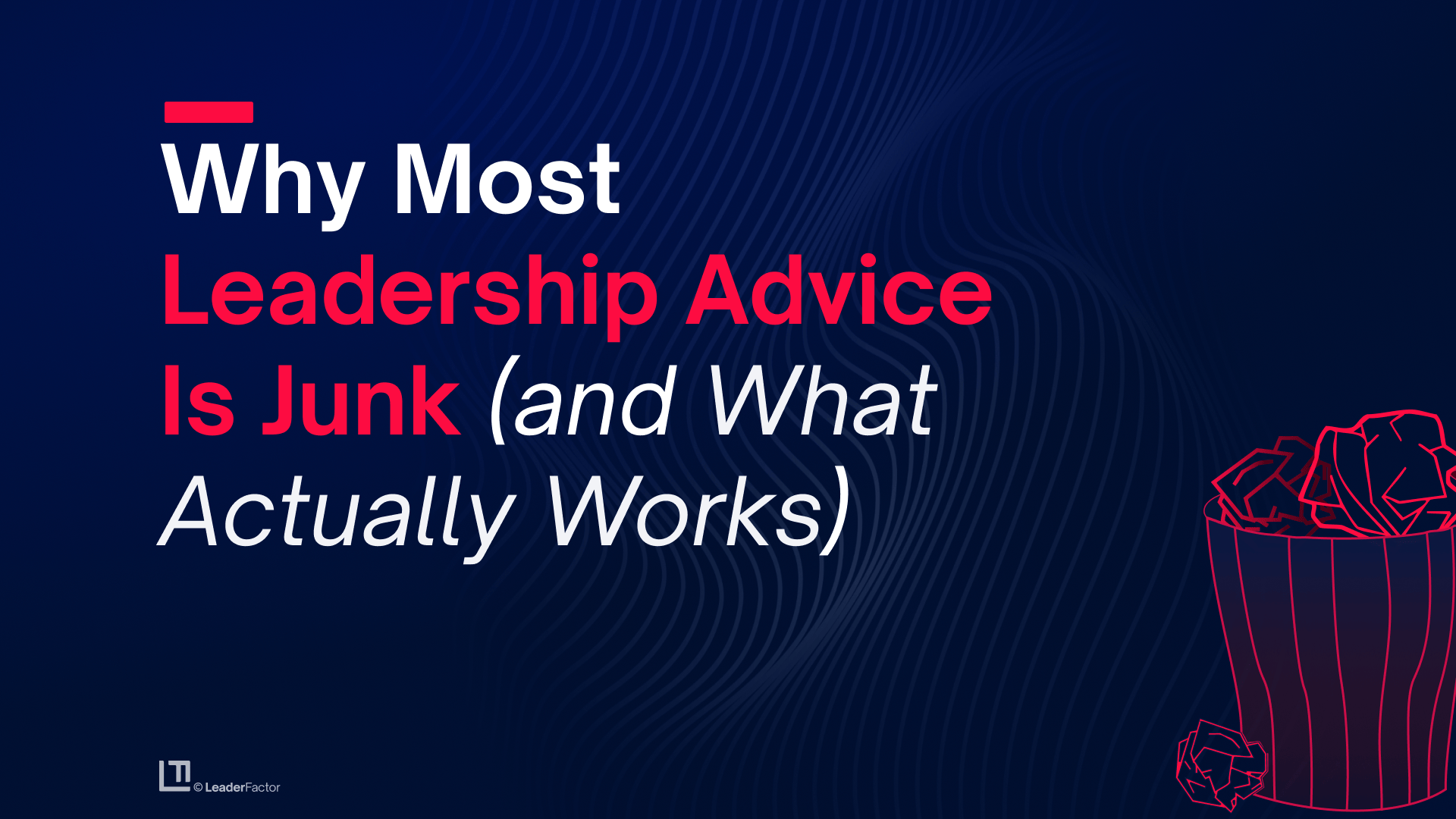Our website use cookies. By continuing navigating, we assume your permission to deploy cookies as detailed in our Privacy Policy.
May 23, 2022
Rarely do organizations reward leaders for the things they stop doing. We should be excited at the prospect of simplifying processes and getting operational clarity. Clarity in creates speed. How do you create clarity and eliminate the "resistance" to organizational change? In this week’s episode of Culture by Design, Timothy R. Clark interviews Marcelino Sanchez, Managing Principal at Agilityze on how you can infuse agility into the DNA of your culture.

Rarely do organizations reward leaders for the things they stop doing. We should be excited at the prospect of simplifying processes and getting operational clarity. Clarity creates speed. How do you create clarity and eliminate the "resistance" to organizational change? In this week’s episode of Culture by Design, Timothy R. Clark interviews Marcelino Sanchez, Managing Principal at Agilityze on how you can infuse agility into the DNA of your culture. Here are a few gems from this episode:
There is a different culture at work, at home, with friends, and every where we interact. Each social situation presents its own micro-culture and an opportunity to shape that culture. In turn, the cultures of which we are apart shape our own behavior for better or worse. We have the power to intentionally impact cultures around us and be a positive force for good.
Working in change management and dealing with organizational change you will always run into "resistance". However, the term resistance itself is not that helpful. "Resistance is a term used to blame other people for our inability as leaders to shape and influence behavior" (18:44) Blaming others doesn't solve problems, it creates new ones. Instead, we should focus on bringing others in to co-author change. By inviting others to get involved they become advocates for changes instead of victims of the change. (23:05)
Without deliberate interference organizations end up with a cacophony of metrics, dashboards, scoreboards and misaligned incentive structures. Agility requires simplicity and clarity. Although organizations rarely reward individuals for things they stop doing, it's worth taking a look at your metrics, processes, and run a start, stop, continue exercise. (38:28)
Creating simplicity and clarity begins in our interactions. Leaders have an important job to eliminate confusion especially at the top. A small amount of confusion at the top of the organization can have massive ripple effects down the line. If we create clarity at the top it will help change to happen naturally and organically without the typical resistance.
Marcelino Sánchez, Managing Principal at Agilityze, is an Organizational Change and Opex practitioner, trainer, and coach. His project portfolio includes change management capability building, strategy deployment, M&A, corporate transformations, deploying lean/six sigma, Union/Management partnerships, employee engagement, and implementing operating systems among others. He has coached managers and change agents at all levels including CEOs, executive teams, managers, project teams, and task forces.


